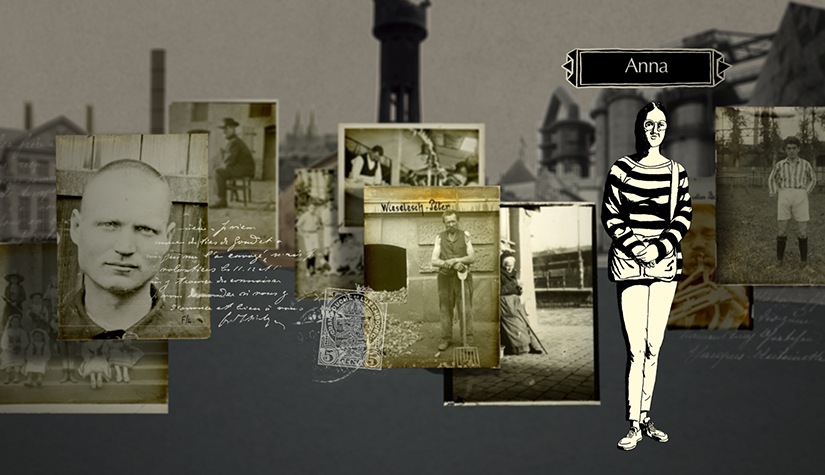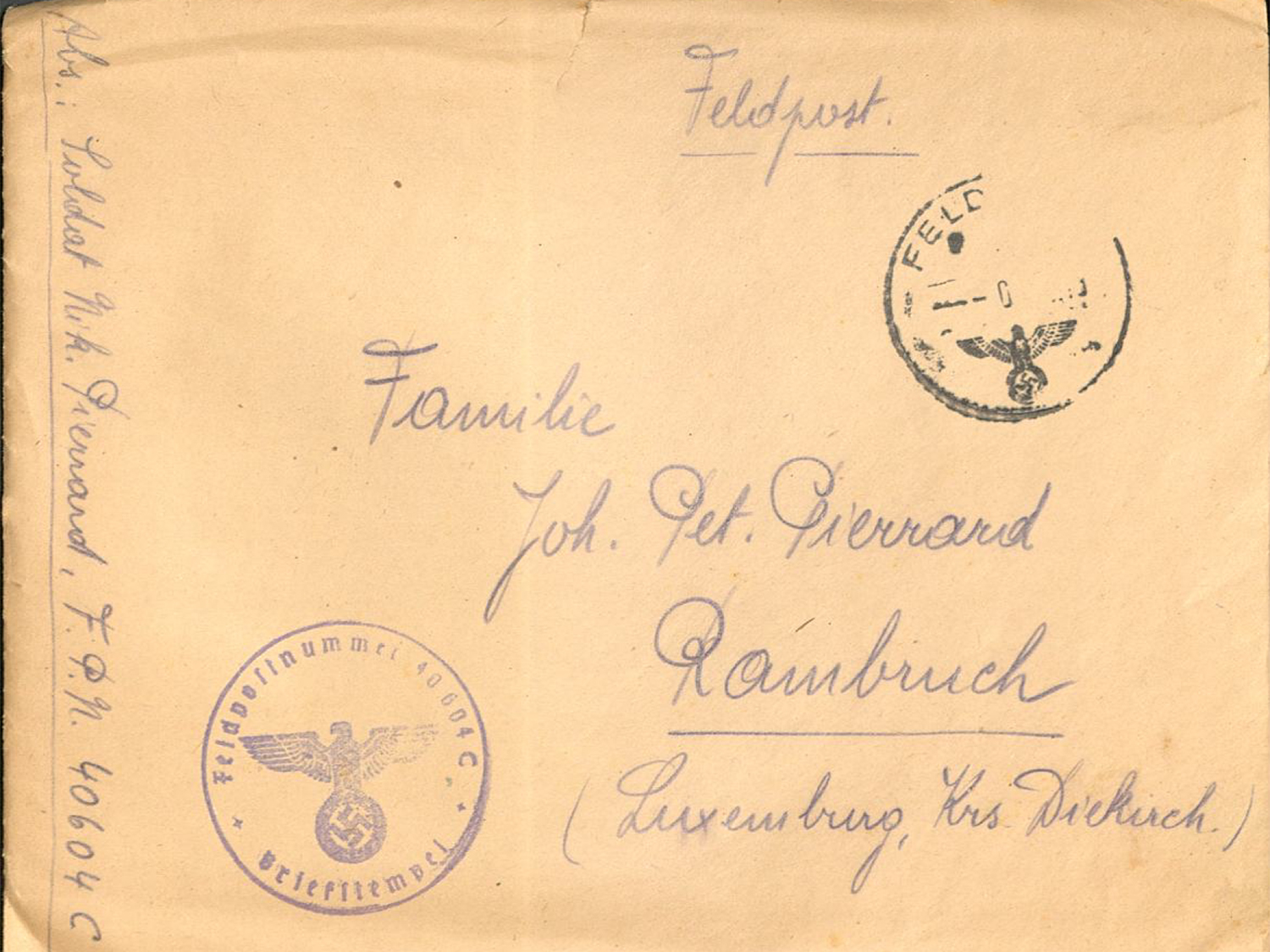Latest news
Upcoming events
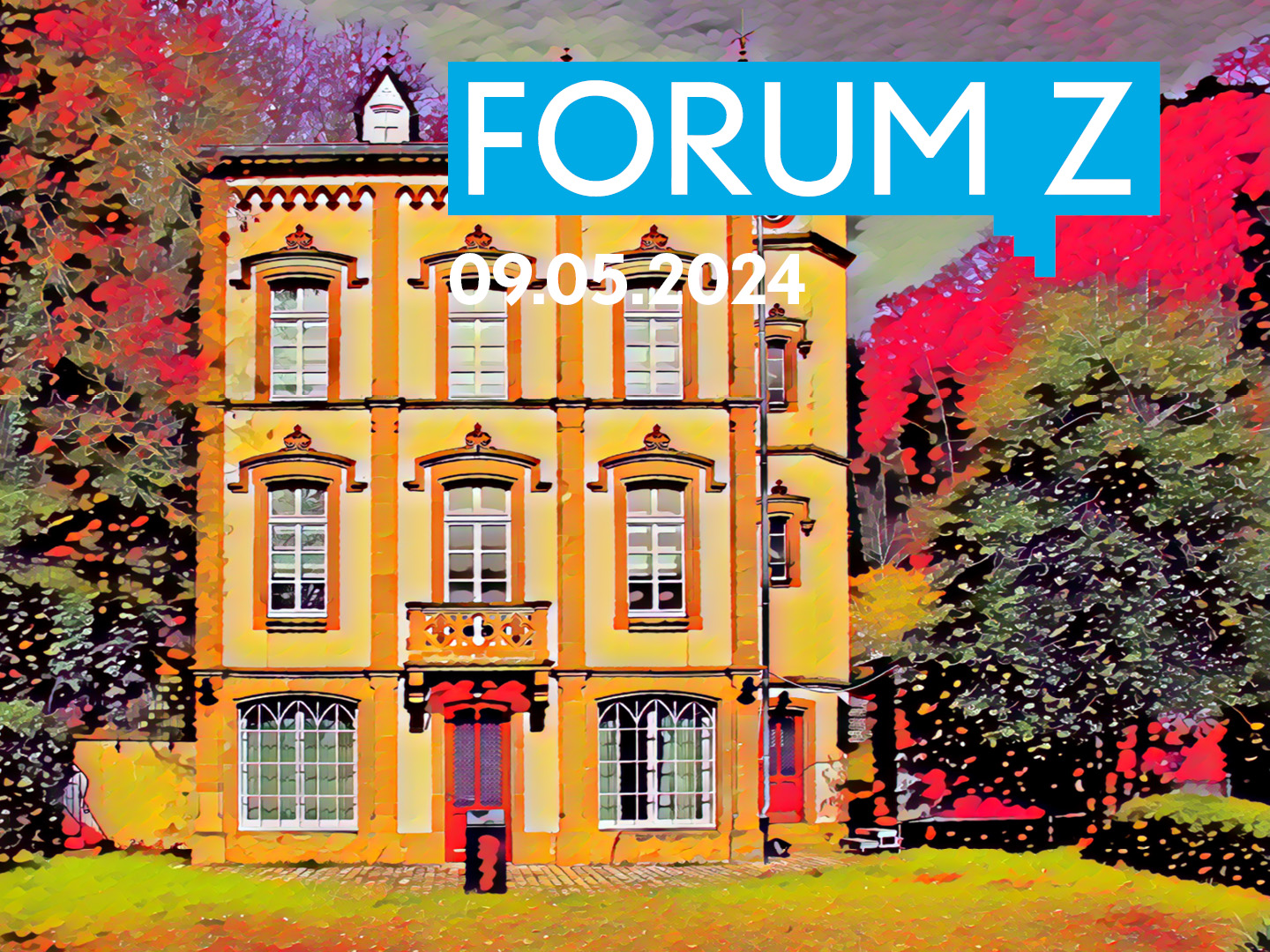 Thursday 09 MayÉvénement en personne, Événements culturels et sociaux, Gratuit
Thursday 09 MayÉvénement en personne, Événements culturels et sociaux, GratuitÉlargir l'histoire européenne
Learn more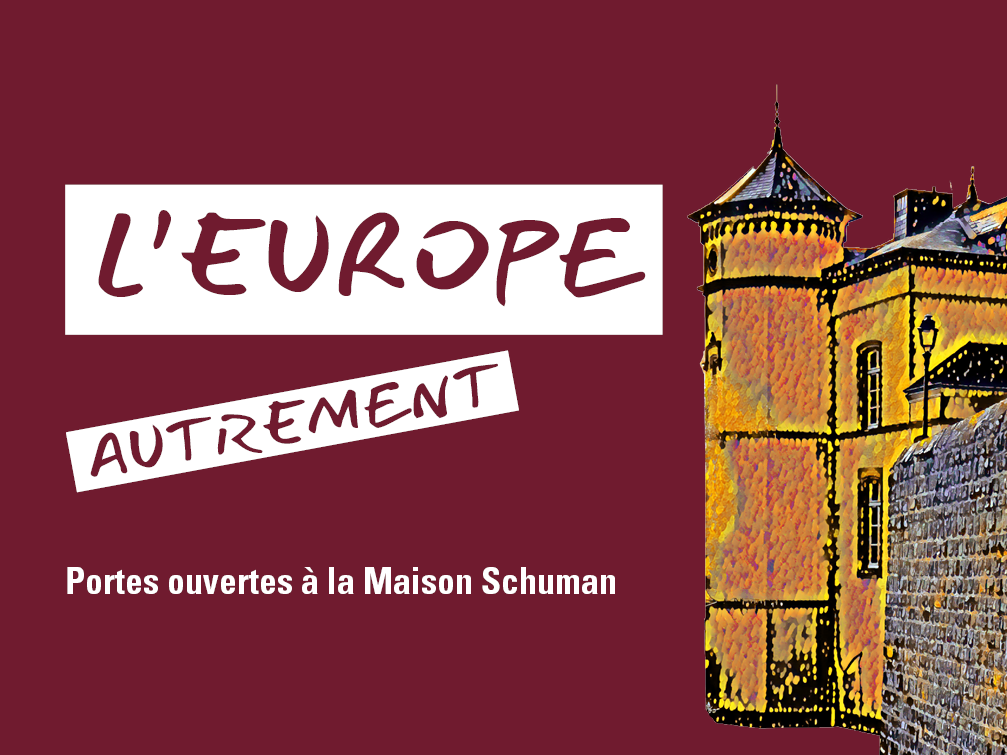 Thursday 09 MayÉvénement en personne, Événements culturels et sociaux, Gratuit
Thursday 09 MayÉvénement en personne, Événements culturels et sociaux, GratuitL'Europe autrement
Learn more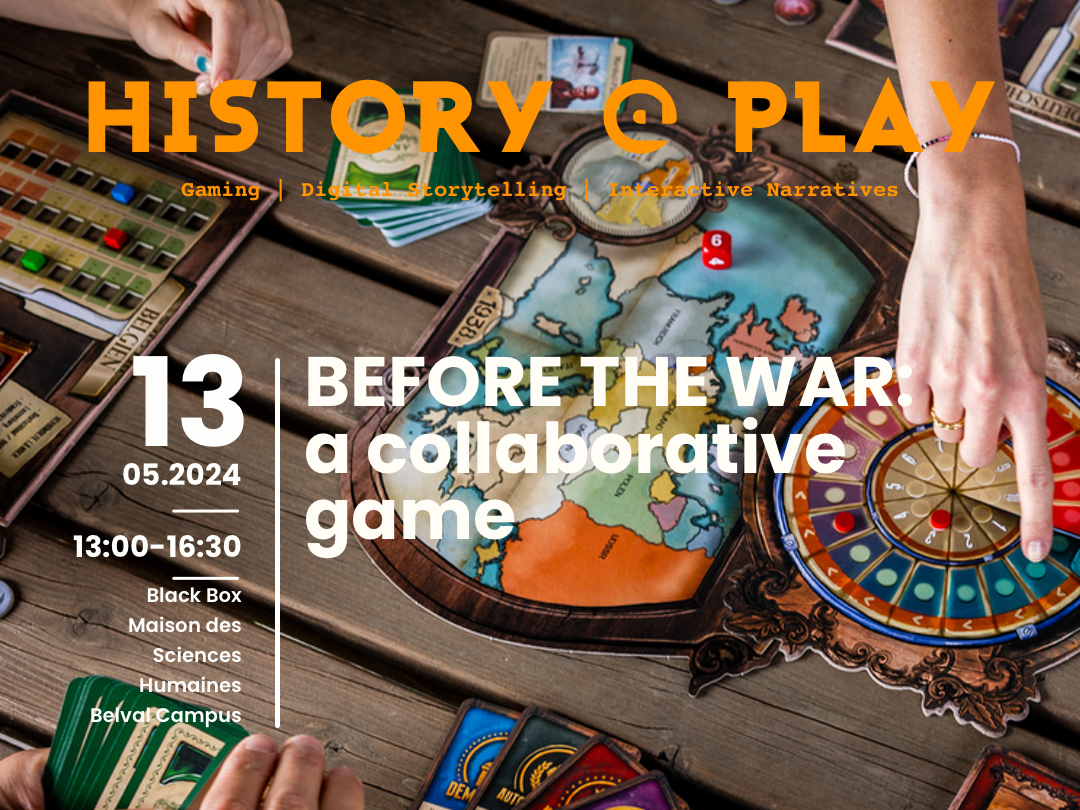 Monday 13 MayCourses and workshops, Free of charge, In-person event, Lectures and seminars
Monday 13 MayCourses and workshops, Free of charge, In-person event, Lectures and seminarsBefore the War: a Collaborative Game
Learn more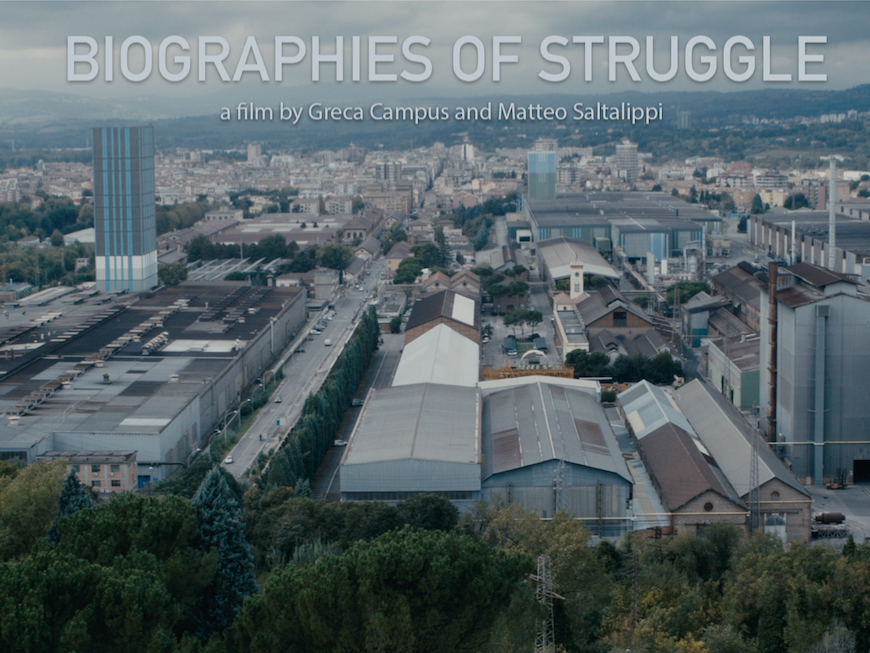 Tuesday 21 MayFree of charge, In-person event, Lectures and seminars, Virtual event
Tuesday 21 MayFree of charge, In-person event, Lectures and seminars, Virtual eventBiographies of Struggle – the 2014 steelworkers strike at AST in Terni (Central Italy)
Learn more Wednesday 22 MayFree of charge, In-person event, Lectures and seminars, Virtual event
Wednesday 22 MayFree of charge, In-person event, Lectures and seminars, Virtual eventThe Dynamic Networks of 19th Century Newspaper Reprinting
Learn more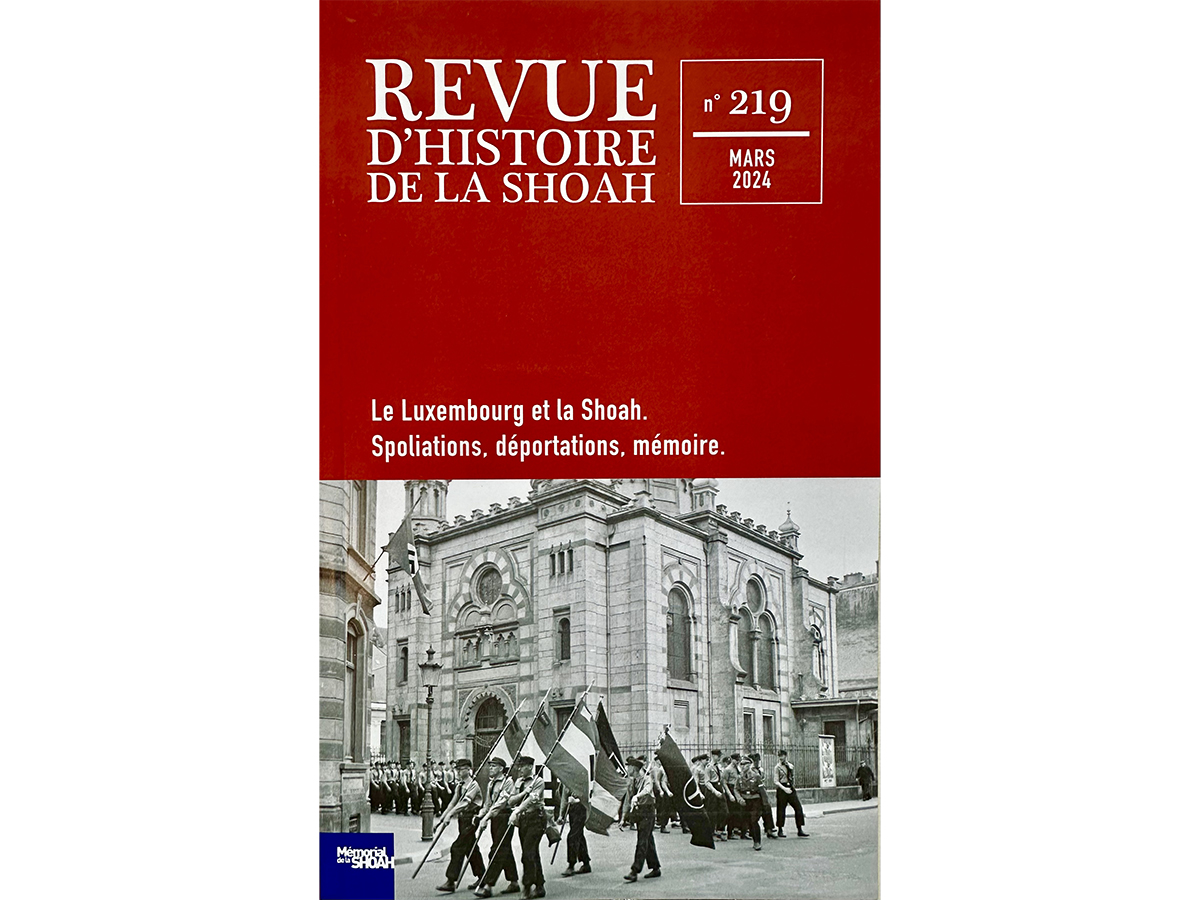
Pioneers in digital history

The interdisciplinary centre at a glance
The C²DH’s research activities are based around four thematic areas: contemporary history of Luxembourg, contemporary history of Europe, public history and digital historiography. The centre promotes an interdisciplinary approach with a particular focus on new digital methods and tools for historical research and teaching.
